After having read your blog Hamish, I can truly say as you and more so as Tom. The camera is a tool!
But, there are butts and there are butts. Some bigger, some smaller and some very cute and some tools are liked more than others. That’s life and as people, cameras are different and different to each and every one and should be respected as such.
Now I have always looked for, since digital came about, a camera that would operate as my old Nikon FM2n. Measure the light, remember this was slide film time, set the aperture and shutter accordingly and shoot. It was a nice feeling and my Fuji X-E1 brought back that feeling. And here I am at feelings, emotions and the love of what I was doing when doing it. Now whether there is analog or digital, to me anyway, is irrelevant. Whether it is this brand or another is also irrelevant. It’s seeing, composing, measuring light, all there in the back of my spine that’s done, hopefully in a flash of a moment that makes me go on the way I do. Sometimes the outcome of it, the image, is not that important. These moments relieve me of all but the share moment of joy I have while doing it. So in that respect I must be in tune with my tool, which it is. So I like my two Fuji X-E1 very much, each with a 18mm and a 35mm in that format. Now I would not say that my Fujis do not lack anything. They do, but insignificantly so. Then why do I go and buy a Pentax K30, for those who know what that is. Well a tricky question and after having used it already for a week, I must say I’ve come to like it very much. I’m only looking for a 70mm/2,4 pancake for it now and I am settled.
You see, it gives me confidence in bad weather situations as good ones. In other words it can take rain. The viewfinder is crystal clear and large and the camera is a tiny bit bigger than the Fuji and feels very good in my delicate hands. These three are now my working
tools. So simply put, they are tools and some people have more feelings towards their cameras than others, as we all are different. I do believe though, that so-called professionals that do not have any relationship with their tools shall not make any better pictures than the so-called amateur who has a great relationship with what she/he does and her/his cameras.
It's the love of photography that really shines through, but the love is greater when you feel that you have a great tool.

